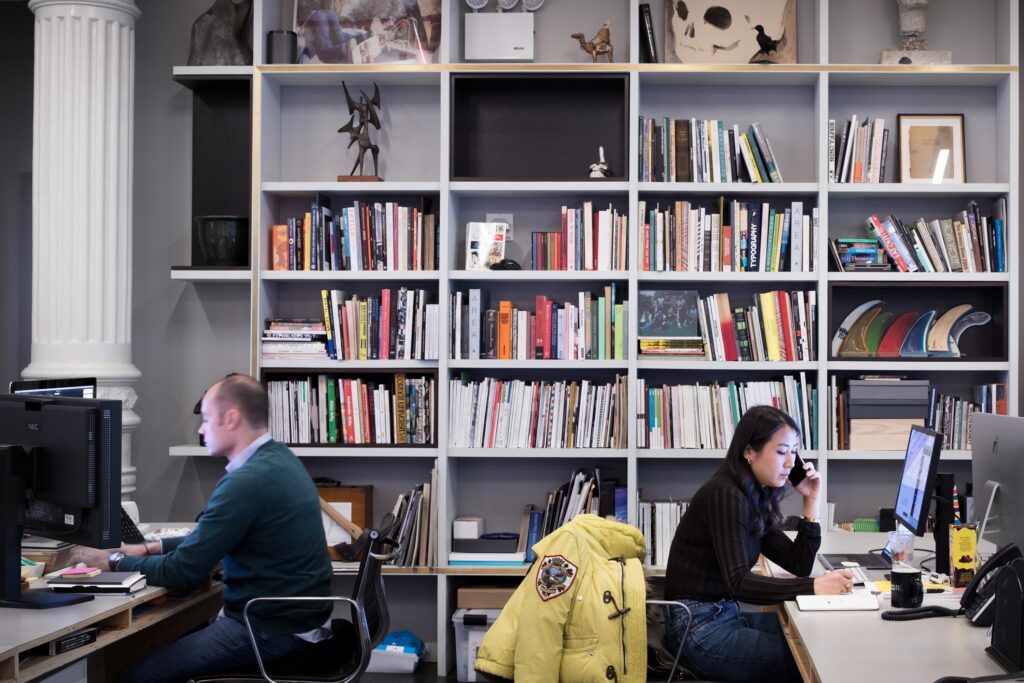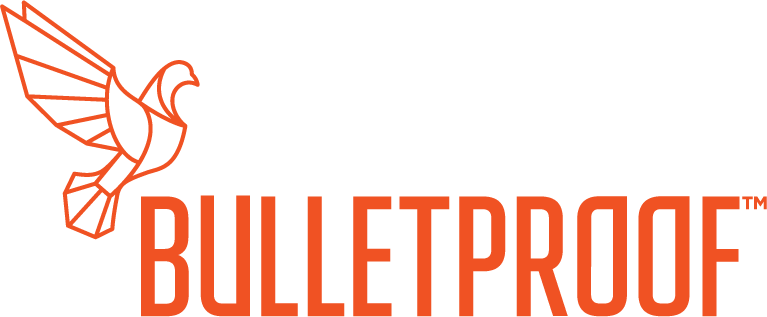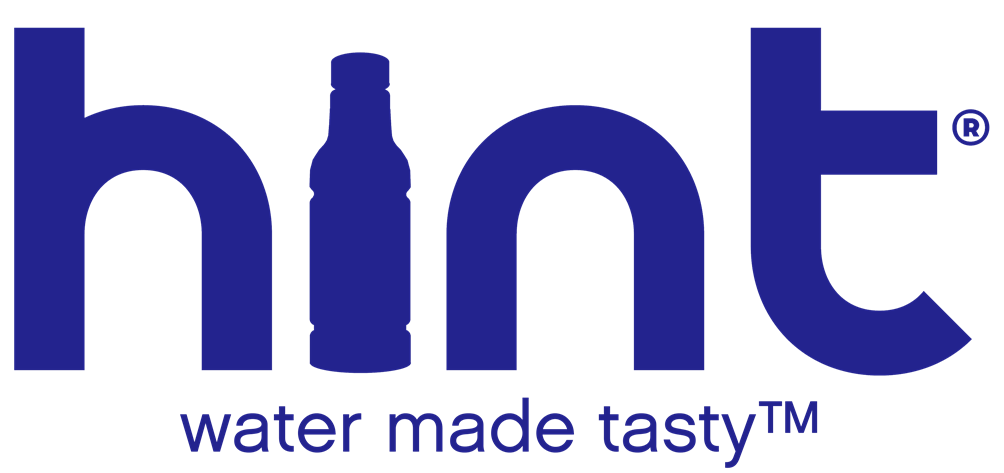The Ecosystem Behind the Rise of American D2C Companies

Many unicorn companies are popping up across the US. Here are 18 high-flying D2C companies to watch out for.
The original article “D2C COMPANIES LIST” is a part of the WORK MILL with Forbes JAPAN Issue 4 -loved company©WORK MILL, published on April 11, 2019
D2C COMPANIES LIST

Founded by Micky Onvural
Founded in 2007
Two trailblazers with an MBA from Stanford founded an apparel brand starting with men’s pants with the idea to “offer more choices to consumers who feel like jeans don’t cut it.” Standard chino pants start at 88 dollars. They were the pioneers of US D2C companies. Walmart acquired the brand in 2017 for 310 million dollars.

Founded by Andrew Dudum
Founded in 2016
This healthcare brand is devoted to men’s needs such as dry skin, thinning hair, etc. Joshua Kushner, brother of the son-in-law of President Trump, is known to have invested in the company. The firm sells an FDA-approved hair loss kit with hair growing agents, shampoos, meds, and vitamins for 44 dollars.

Founded by Dave Asprey
Founded in 2013
Bulletproof is a supplement brand born from Bulletproof coffee contrived by a Silicon Valley health research lab chairman made with quality oils to boost performance. Besides just selling their supplements, the company also runs a cafe serving performance-enhancing foods and drinks.

Founded by Phillip Krim
Founded in 2014
This bedding brand offers quality mattresses priced at around 350 to 1,250 dollars. They’re known for their 100-day trial and 10-year warranty. In 2018, the company opened a napping place in NYC “The Dreamery,” where anybody can doze on Casper mattresses for 45 minutes for 25 dollars.

Founded by Michael Dubin
Founded in 2011
As the name suggests, this company offers a membership service with a beard for one dollar. It was founded by former coworkers of a sports magazine. Based in Los Angeles, they sell starter sets with a razor, shave butter, and oral care for a total of 15 dollars. Unilever acquired the company in 2016 for 1 billion dollars.

Founded by Mariah Chase
Founded in 2011
ELOQUII is a women’s plus-size fashion brand acquired by Walmart in October 2018. They carry plus size clothing, lingerie, shoes, and bags. The dresses are priced at around 50 dollars. Although it was founded in 2011, it was closed once under Limited Brands. But there was a great demand for the brand, and it was relaunched in 2014.

Founded by Jeff Raider
Founded in 2018
Jeff Raider helped found the eyewear brand Warby Parker and the footwear brand Harry’s. His latest brand is this women’s body care label. The name comes from how women stand on one leg to taking care of the other. Their razor and shave jell sets are 16 dollars.

Founded by Henrik Werdelin
Founded in 2011
For 22 dollars a month, furry subscribers will receive curated pet goods such as towels, toys, and snacks that are worth up to more than 40 dollars. They also provide peripheral services such as regular vet check-ups at home and posting useful pet information on their website. The humans love them as much as the pups do.

Founded by Emily Weiss
Founded in 2014
The cosmetics brand’s name is a mash-up with the French word “dossier.” Emily, who was once a styling assistant at VOGUE, applied her experience to start a blog called Into the Gloss. She used the information she gathered there to start a skincare line that catered to women’s needs. They’re also known for their great hospitality.

Founded by Kara Goldin
Founded in 2005
Kara was a stay-at-home mother when she came up with an original healthy flavored water for her diet. The flavored water is now sold at 20 dollars for 12 bottles. Today, Google and many other IT firms stock them, and they’re sold at 20 thousand stores across the US and Canada.

Founded by Lori Coulter
Founded in 2017
This apparel brand offers swimwear, underwear, pajamas, and travel wear. The pajamas are 95 dollars a set, and the swimwear starts from 45 dollars. They analyzed the size data of 1.6 million women to design their clothing to create a look that’s comfortable and appealing for everyone.

Founded by John Foley
Founded in 2012
This company provides subscription services mainly for exercise bikes. The exercise bikes are 2,245 dollars and cost 39 dollars a month to access class on the Peloton app. Subscribers can watch the live content of instructors as they cycle and race other users online.

Founded by Alexandra Friedman
Founded in 2015
Two former graduate school friends started this brand that offers tampons, napkins, and panty liners made of chemical-free organic cotton. Their tampons are 10 dollars for a box of 18. The company procured 800 million more in December 2016, totaling up to 1.3 billion dollars.

Founded by Andrew Dudum
Founded in 2018
Andrew, the CEO who founded the unicorn company hims, has now started a new brand for women. The brand is for women of all ages, and they offer FDA-approved skincare products, birth control pills, and sexually-oriented health products. Their shampoo and multi-vitamin haircare set are 40 dollars.

Founded by Jeffrey Johnson, Kal Vepuri
Founded in 2014
Kal, a serial entrepreneur, started this brand with architect and product designer Jeff Johnson. Coats are around 500 dollars, jackets 200 dollars, and t-shirts 45 dollars. Pretty reasonable. Their clothes have unique traits such as being waterproof and UV proof, with something for every kind of weather.

Founded by Brynn Putnam
Founded in 2018
Anybody can enjoy yoga, pilates, or fitness class at home with the “smart mirror” Mirror is 1,495 dollars. With 39 dollars a month, subscribers can take online classes with an instructor, 24/7. The Mirror also provides optional personal training sessions.

Founded by Simon Enever
Founded in 2015
A New-York based dentist and a designer teamed up to start this electric toothbrush subscription service. The starter set is 40 dollars which includes replacement brushes and toothpaste delivered every three months. The toothbrush is unique as it notifies the brusher to move the brush every 30 seconds.

Founded by Neil Blumenthal, David Gilboa
Founded in 2010
This eyewear brand was founded by four students at the University of Pennsylvania. Customers can try five frames for up to five days for free. The brand now has shops in the US and Canada portraying their worldview. They also have a “Buy a pair, Give a pair” program, which donates glasses to developing countries for every purchase.
Is a big IPO wave on the horizon?
The ecosystem behind the rise of American D2C companies.
Yasuhiro Sasaki Takram director and business designer.
He undertakes user research, concept planning, and experience design. Before joining Takram, Sasaki worked for a trading company where he started up new businesses with start-ups. He was also in charge of planning innovation strategies such as big data and IoT with the Ministry of Economy, Trade, and Industry.
People tend to focus on how D2C, or Direct to Consumer, can slash costs by cutting out margins to deliver high-quality goods at lower prices. But I discovered as I followed the D2C trend that D2C is actually “design striking back.” Items with formative experience and stories are offered with highly perfected creative content. The true potential of design is being uncovered. Up until a few years ago, there were many technical obstacles to starting an online-only brand. The advent of two services, Amazon’s AWS and Shopify, changed all that. By using these services, brands could get started without having to hire an army of engineers. At roughly the same time, many VC firms popped up along the east coast, investing in D2C brands. The west coast had many investors with backgrounds in IT entrepreneurship, while the east had more from the media and apparel industry. This makes them well versed in creative content and branding. On the consumer side, ever since the financial crisis of 2008, income has been decreasing while student loans have been increasing, forcing the millennials of America to shop smarter and save their pennies. For them, being both tasteful and affordable are the key points to making a purchase. D2C brands are not only high quality and reasonable, but many also offer traceability, providing the products with a story. It’s a perfect fit for the millennials who are known to be conscious consumers. As a result, a huge market has grown for D2C brands.
The leap of the second generation
What supported the expansion of the D2C market is the ecosystem. There are many firms like Partners and Spade that help the branding of numerous companies, along with companies and VC firms that fully support D2C brands by teaming up with PR firms and supply chain support firms. This ecosystem has made it easier to gather funds and clear the technical obstacles, resulting in an explosion of D2C brands, intensifying the competition in the US. The race is on between many promising brands in categories such as shoes, cosmetics, and clothing. There are also second-generation brands such as Harry’s and Away, which were founded by former Warby Parker employees. Now that enough knowledge has been accumulated, it doesn’t take a first-mover to lead in the race as long as there’s enough focus on PR and advertisements. Although it’s difficult to expand or scale out to different areas due to the crystal clear objectives, we can expect an IPO rush in the near future. America’s D2C market is headed towards the next phase of growth.





